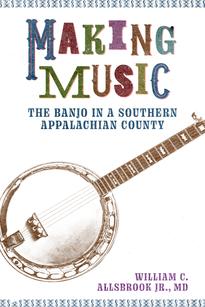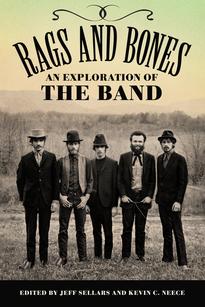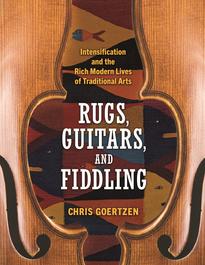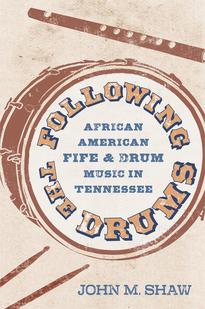Folk Music
Evanira Mendes
This compilation of Evanira Mendes’s biography and translated publications offers for the first time in English an opportunity to revisit the music and culture of 1950s Brazil. Examining the trajectory ...
Folk Music and Song in the WPA Ex-Slave Narratives
Between 1937 and 1940 fieldworkers in the Works Progress Administration’s Federal Writers’ Project interviewed around 3,500 formerly enslaved people in North America, resulting in roughly 20,000 pages ...
Cabin Boys, Milkmaids, and Rough Seas
During his correspondence with erotic folklore collector Gershon Legman, famed chantey singer and collector Stan Hugill (1906–1992) shared unexpurgated versions of the songs in his repertoire. These ...
My Memories of John Hartford
My Memories of John Hartford is a memoir about author Bob Carlin's years working alongside singer, songwriter, banjoist, and fiddler John Hartford (1937-2001). Throughout his short life, Hartford was ...
Poor Gal
Poor Gal: The Cultural History of Little Liza Jane chronicles the origins and evolution of a folk tune beloved by millions worldwide. Dan Gutstein delves into the trajectory of the “Liza Jane” family ...
Making Music
The banjo has been emblematic of the Southern Appalachian Mountains since the late twentieth century. Making Music: The Banjo in a Southern Appalachian County takes a close look at the instrument and banjo ...
Rags and Bones
Contributions by Joshua Coleman, Christine Hand Jones, Kevin C. Neece, Charlotte Pence, George Plasketes, Jeffrey Scholes, Jeff Sellars, Toby Thompson, and Jude Warne
After performing with Ronnie Hawkins ...
Rugs, Guitars, and Fiddling
What do exotic area rugs, handcrafted steel-string guitars, and fiddling have in common today? Many contemporary tradition bearers embrace complexity in form and content. They construct objects and performances ...
Webspinner
Born in 1928 in a tent on the shore of Loch Fyne, Argyll, Duncan Williamson (d. 2007) eventually came to be recognized as one of the foremost storytellers in Scotland and the world. Webspinner: Songs, ...
Following the Drums
Following the Drums: African American Fife and Drum Music in Tennessee is an epic history of a little-known African American instrumental music form. John M. Shaw follows the music from its roots in West ...









